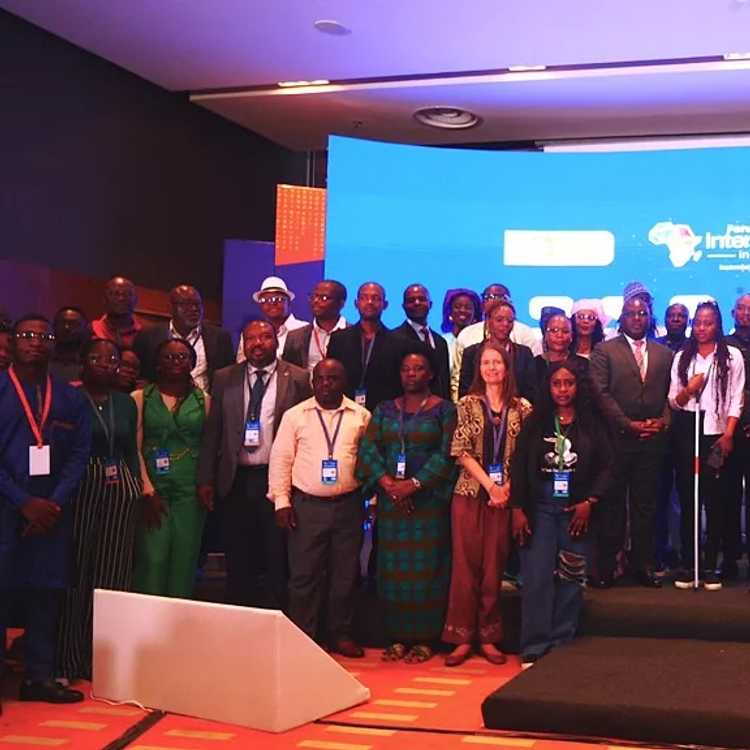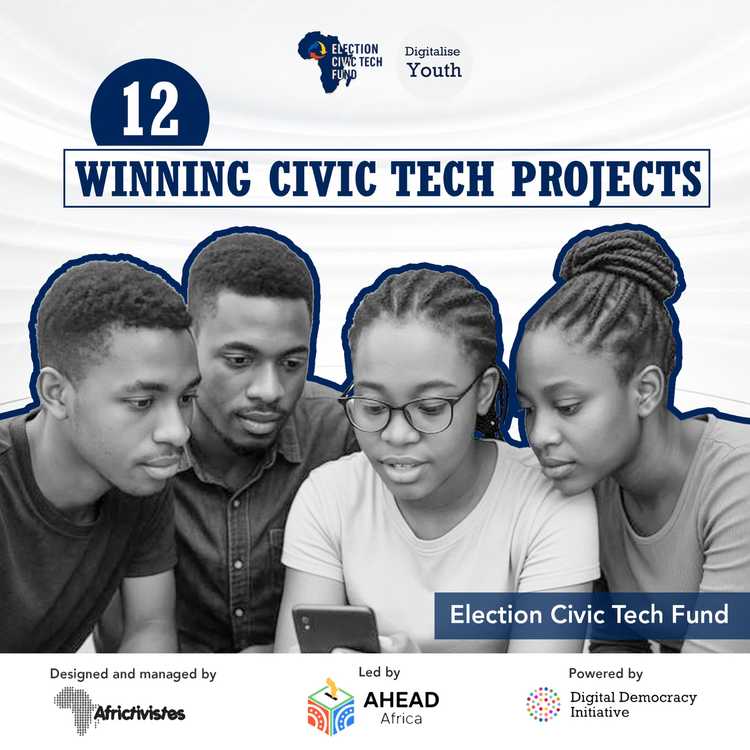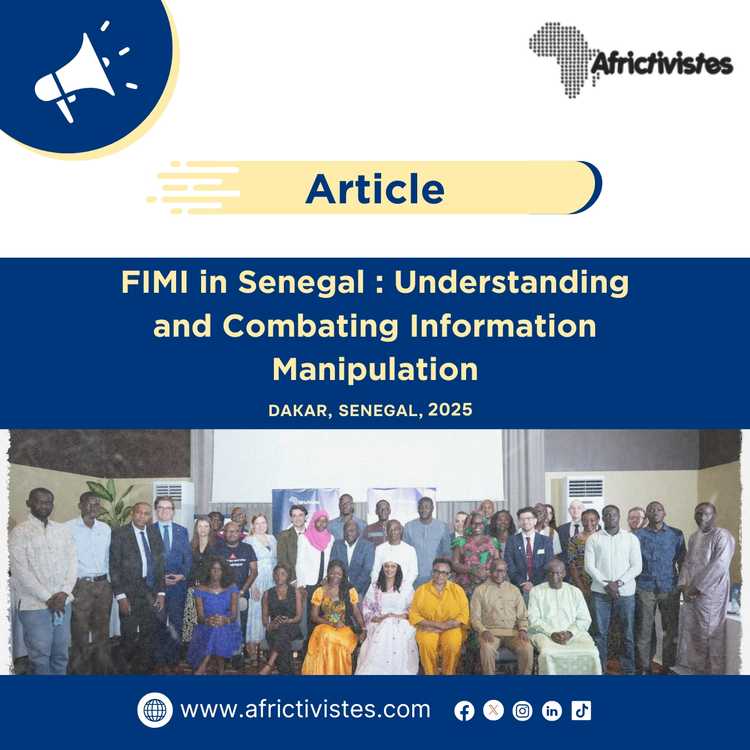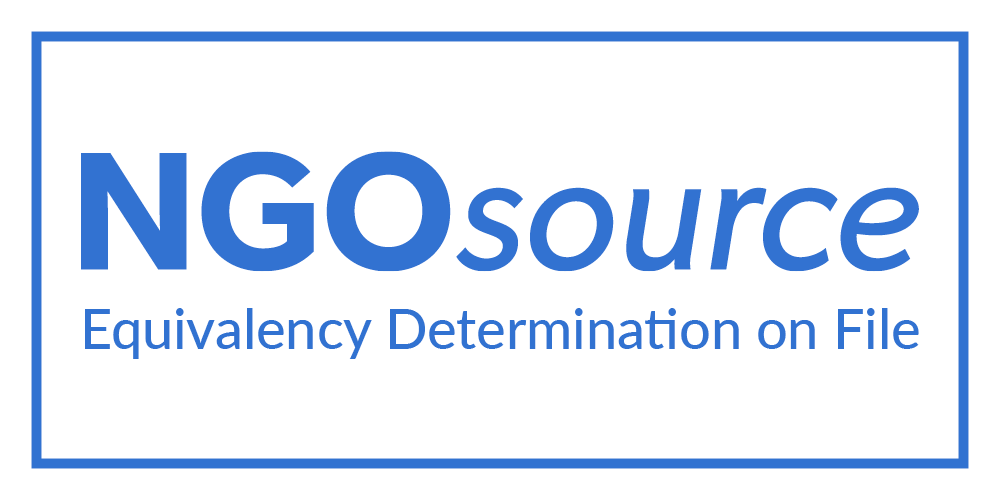FIFAfrica24: Dakar at the Heart of Digital Challenges in Africa
For three days, Dakar was a crossroads for actors involved in internet governance and digital rights in Africa and beyond. The 11th edition of the annual Forum on Internet Freedom in Africa (FIFAfrica), which is the largest gathering on digital rights in Africa, shed light on the state of digital democracy in the region.
From 25 to 27 September 2024, Dakar resonated with the rhythm of the continent’s largest gathering on digital rights. Following previous editions held in Uganda, South Africa, Ghana, Ethiopia, Zambia, and Tanzania, #FIFAfrica24, the first edition in Francophone Africa, lived up to all expectations.
According to Cheikh Fall, the President of AfricTivistes, this collaboration between the Collaboration on International ICT Policy for East and Southern Africa (CIPESA) and AfricTivistes marks a “milestone” for sharing best practices and common values.
“Today, we are gathered for an event that goes beyond mere panel discussions and round tables: we choose to move forward together, to critically assess cyberspace, and to explore new approaches to defend digital rights in Africa,” he stated during the opening ceremony. “The efforts to promote digital activism and civic engagement across Francophone Africa have been truly remarkable. Together, we are stronger in the fight for a free, open, and inclusive internet,” added Wairagala Wakabi, Executive Director of CIPESA.
|Revisit the launch ceremony and the day’s events in full|
From digital sovereignty to online freedom of expression, through digital inclusion and disinformation, the discussions were particularly rich.
With 450 participants and 117 speakers from 40 countries engaging in 39 sessions, the forum provided a platform to reflect on the numerous contemporary challenges faced by the African continent, through its States or internet users. “Africa has already missed the train on other revolutions; it cannot afford to miss out on that of the Internet,” insisted Cheikh Fall, emphasising the urgency of seizing the opportunities presented by digital transformation for the continent.
The opening ceremony took place on 26 September, in the presence of many notable figures, including:
- Mr Michel Elvis Kenmoe, Regional Advisor for Communication and Information at the UNESCO Regional Multisectoral Office for West Africa
- Mr Serigne Abdou Lahat Sylla, Head of the Office of Digital Services and Uses (Directorate of Information and Communication Technologies) at the Senegalese Ministry of Communication, Telecommunications, and the Digital Economy
- Ms Neema Lugangira, Member of Parliament from Tanzania and member of the African Parliamentary Network on Internet Governance (APNIG)
The pre-events held from 24 to 25 September included strategic meetings and workshops, as well as training sessions aimed at equipping participants with critical skills regarding digital tools and fostering constructive dialogue on issues related to digital rights.
In addition to thought-provoking round tables and conferences, FIFAfrica24 also hosted a dynamic exhibition that offered participants a unique opportunity to explore innovative projects from various organisations and directly engage with the stakeholders influencing the digital landscape of Africa.
At the closing ceremony on the third day, CIPESA launched the annual report on the State of Internet Freedom in Africa 2024, which this year examines the interaction between technology and elections in Africa. Highlighting the growing influence of technology in elections, especially this year, the study notes that the use of these technologies has been characterised by risks and pitfalls, with most authoritarian governments deploying technology selectively to entrench their power.
The study, conducted in several African countries, included interviews with experts on digital rights, electoral democracy, and technology. It was supplemented by desk reviews, legal and political analyses, providing a comprehensive perspective on the intersection of technology and elections in Africa.

![[Gabon] AfricTivistes Sound the alarm amid Social Media suspension !](/static/6d29d22415421f36644f996c6396d73b/9e635/CREA-visuel-rapide-1.jpg)
![[SENEGAL] AfricTivistes strongly condemns the brutal repression of students at Cheikh Anta Diop University in Dakar!](/static/29c233858b9d650cc77d87f75d4d2b56/9e635/Ucad-Senegal.jpg)



![[Guinea-Bissau]: Joint Statement from Human Rights Defenders Against the Confiscation of Popular Will !](/static/8552596543d1c00bc73e662f85c0a62f/fce2a/Capture-decran-2025-12-01-a-16.34.43.png)
![[Guinée-Bissau] Joint Declaration – Afrikajom Center and AfricTivistes both firmly condemn the military takeover and warn of the risk of a political crisis !](/static/4d5ad12346b3ef8c55278621c445488b/9e635/Putsch-Guinee-2.jpg)

![[Tanzanie] 🇹🇿 AfricTivistes strongly condemns violent suppression in Tanzania](/static/adf91a1c13cd101f988b6b6971928880/9e635/TZN.jpg)
![[Cameroon] AfricTivistes condemns violent repression, urges govt to uphold rights !](/static/6399a9d8e94e3ae1f681f86178520d96/9e635/WhatsApp-Image-2025-10-27-at-15.32.48.jpg)



![[Madagascar] Generation Z, the driving force of civic awakening!](/static/9072e289fdab44c062096dcfb9499441/9e635/4-2.jpg)






